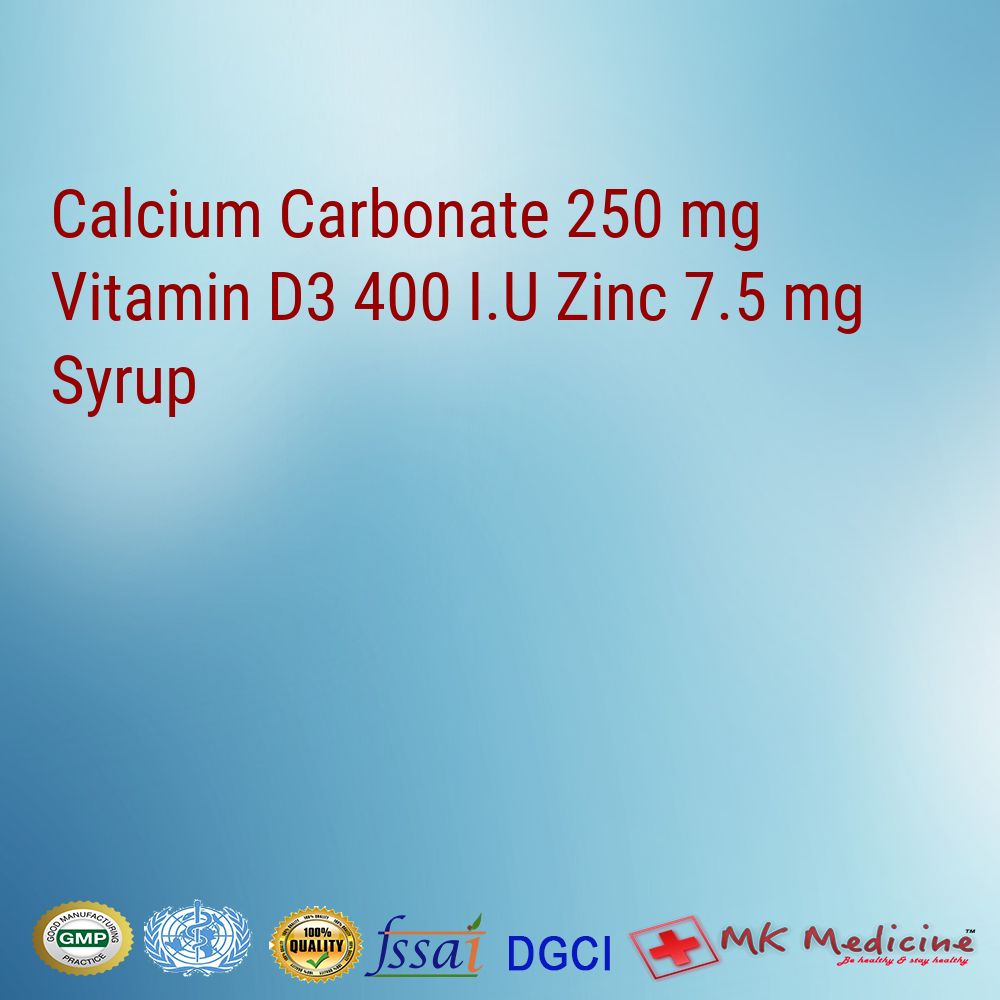

Sub-studies will investigate the effect of the intervention on vitamin D 3 pathway metabolites and markers of bone turnover, intestinal microbiota, and innate and acquired immune function.

Secondary outcomes are DEXA-measured lumbar spine bone mineral apparent density Z-score, number of respiratory infections, lean muscle mass and grip strength at 48 and 96 weeks and TBLH-BMC LBM Z-scores at 96 weeks. The primary outcome is total body less-head bone mineral content for lean mass adjusted for height (TBLH-BMC LBM) Z-score at 48 weeks, measured by dual-energy X-ray absorptiometry (DEXA). Eight hundred and forty children living with HIV aged 11–19 years taking ART for ≥6 months will be enrolled and followed up for 96 weeks. We will conduct an individually randomised, double-blinded, placebo-controlled trial of weekly high-dose vitamin D 3 (20,000 IU) plus daily calcium carbonate (500mg) supplementation for 48 weeks. This trial aims to establish whether supplementation with vitamin D 3 and calcium carbonate improves musculoskeletal health among peripubertal children living with HIV. Vitamin D deficiency, which is highly prevalent among children living with HIV in sub-Saharan Africa, has a further adverse impact on bone health. Despite antiretroviral therapy, longstanding HIV infection is associated with several chronic complications in children including growth failure, particularly stunting and delayed puberty.

Of the 2 million children living with HIV globally, 90% live in sub-Saharan Africa.


 0 kommentar(er)
0 kommentar(er)
